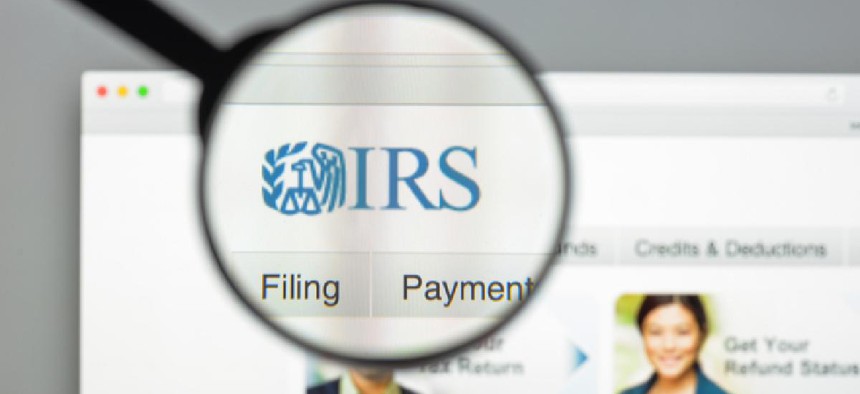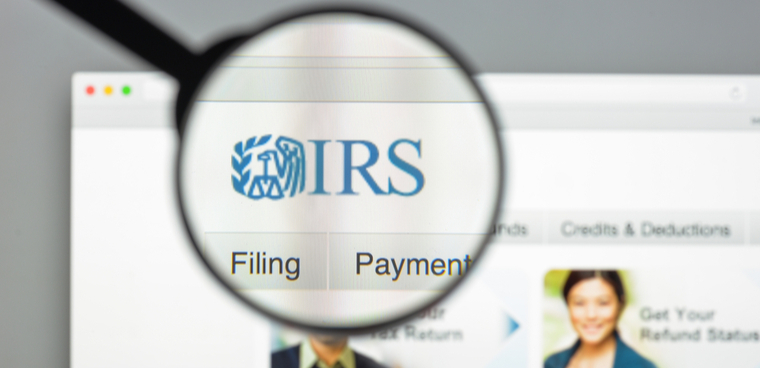IRS looks to experiment with augmented reality

Taxpayers might soon be able to file their financial documents with the help of AR capabilities thanks to an experimental procurement technique the IRS is using to test and deploy innovative technologies and solutions.

The IRS has issued a draft request for proposals to help improve the user experience for its digital services on mobile devices by leveraging augmented reality (AR).
The draft RFP indicates the IRS is seeking AR solutions to overlay contextual information on existing public-facing IRS forms, especially for users of mobile devices. The draft solicitation notes that the tax agency does not anticipate hosting AR solutions on IRS architecture. Additionally, successful solutions will include some kind of data collection component to provide feedback on the use of the AR functionality.
The idea, the agency said, is to "provide solutions capable of generating information which improves the taxpayer experience when any mobile device is directed at IRS images" or documents with AR or related capabilities. The agency is using its Pilot IRS program, which poses "solution challenges" to vendors, to test and deploy experimental products at once before making any final decisions.
Previous Pilot IRS challenges have sought solutions in robotic process automation tools to cut down on manual data entry, as well as high-speed scanning and image recognition. Under Pilot IRS, the agency announces funding for several projects at once while following a three-phase program to determine whether experimental solutions and technologies help achieve IRS missions, and which provide the best value based on technical capabilities, past performance and price.
Those phases include proof of concept and prototype; which, in this case, involves contractors demonstrating their abilities to improve the taxpayer experience; additional testing and piloting; in which the agency will pilot the experimental solution while collecting real-time feedback on interface desirability and efficacy; and deployment; typically a multi-year phase in which the solution is appropriately scaled over a longer duration as the agency considers whether to extend funding.
The RFP includes maximum contract amounts of $7.5 million for the current iteration of the Pilot IRS program. "Depending on results and mission priorities, the IRS will decide to fund all, some, or none of the projects at each phase," the document states, adding: "It is important to note that there is no guarantee for funding for planned/future phases."



